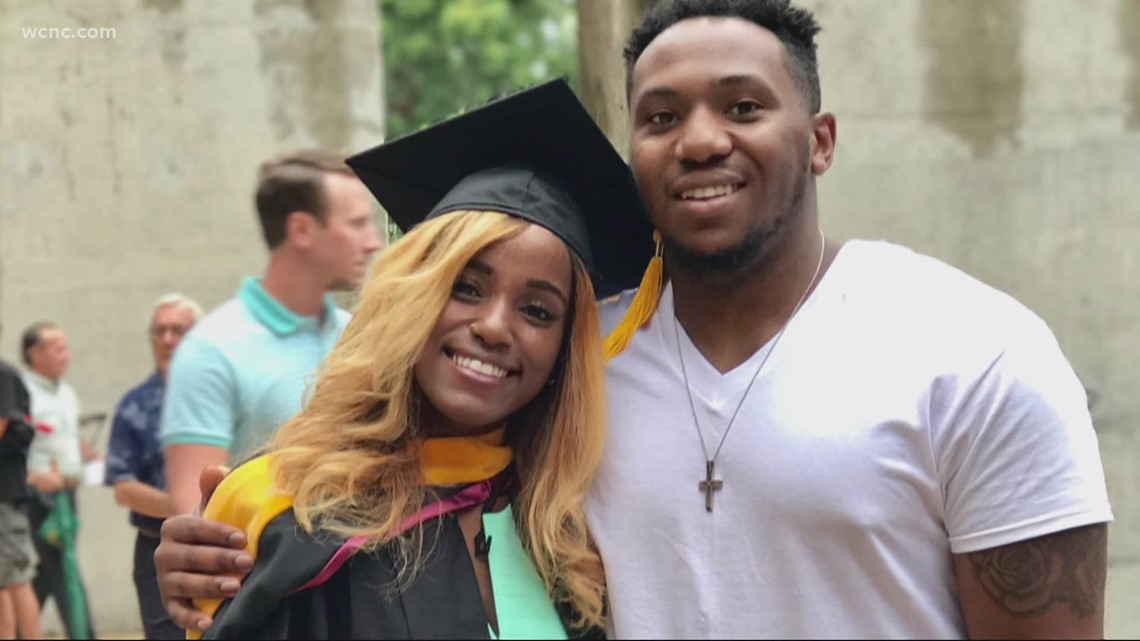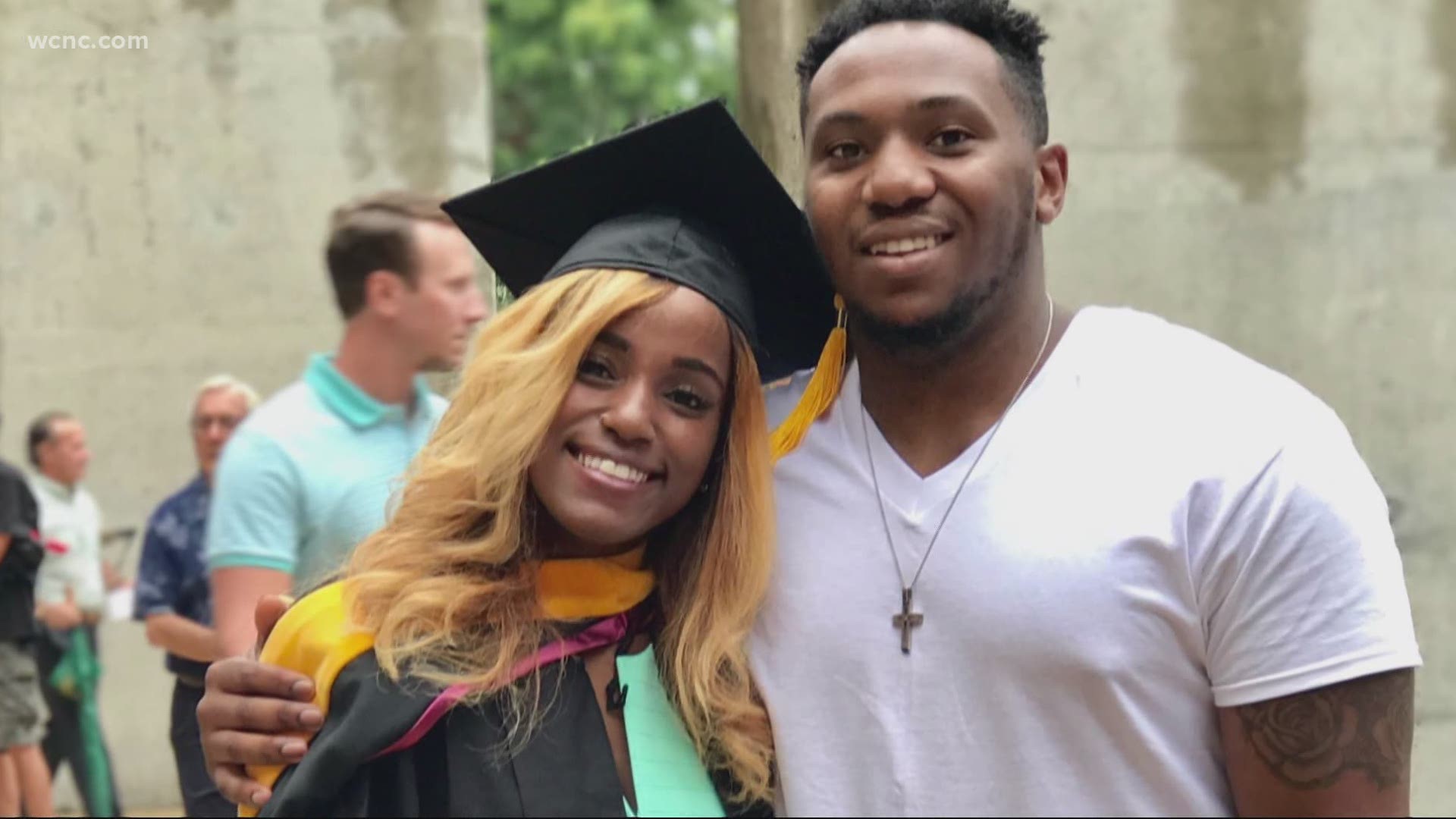CHARLOTTE, N.C. — A WCNC Charlotte Defenders investigation is revealing gaps in Mecklenburg County’s effort to do contact tracing.
Health officials say it’s an increasingly important process, as the state begins to reopen and more people leave their homes. It works by notifying people who’ve been exposed to coronavirus, and then they can quarantine if needed.
However, the Defenders team learned that some people are not getting the call from local health officials.
If someone who you were in close contact with got the virus, you’d probably want to be notified, but that might depend on if you live with them or not.
According to state health guidelines, the first step of contact tracing is to rapidly identify potential contacts, then ensure appropriate medical evaluation, followed by immediate isolation if the person is symptomatic.
However, Trey McGhee says he never got the call from local health officials after his sister tested positive for coronavirus. WCNC Charlotte asked McGhee if he thinks there was a breakdown in the process.
“Yeah definitely, I mean the fact that I didn’t even get a call,” McGhee said. “After she tested positive someone should have contacted me.”
While his sister Raven McGregor battled COVID-19, he was right by her side.


“I was doing all, but living there basically,” McGhee said.
“I felt like I was going to die,” McGregor said. “He had taken care of me.”
“Give her water, her meds,” said McGhee.
After a trip to the hospital, McGregor started feeling better, but her brother began feeling worse.
“I had the fever, I was coughing, and I had some shortness of breath,” said McGhee. “That’s when her test came back positive.”
More than a week after being tested, McGregor says the results showed she was positive for coronavirus on April 4.
“They (the health department) asked for his (her brother) name, but they didn’t ask for any contact information,” said McGregor.
McGhee’s phone never rang.
WCNC Charlotte asked Dr. Meg Sullivan, medical director for Mecklenburg County Department of Public Health, how important contact tracing is to safely reopen the state.
“I think it’s something as the health department we believe is very important,” said Dr. Sullivan.
Dr. Sullivan says their goal is to notify contacts who are at high risk. McGhee seems to fit that definition.
“Yes, if you’re spending significant time with someone who is sick that would be considered high risk,” said Dr. Sullivan.
WCNC Charlotte asked Dr. Sullivan if McGhee should have been called.
“I don’t know if I can comment specifically on those details,” Dr. Sullivan responded.
Dr. Sullivan says the health department is focused on household and workplace contacts. She acknowledged non-household contacts won’t always get a call.
“At this moment, we are not directly calling every single one,” Dr. Sullivan said.
McGregor said she took it upon herself to talk to her brother about quarantining.
“I think he was afraid of possibly having the virus and spreading it, so he did that but not everyone is going to do that,” said McGregor.
Even with symptoms and possible exposure to the virus, McGhee says he was denied a test at first.
“It was pretty ridiculous,” said McGhee.
McGhee says it took a second telehealth visit with worsening symptoms to finally get a test.
The results came back negative for COVID-19, but with the delay, he questions the accuracy. He told WCNC Charlotte he believes he had COVID-19 despite the results.
“I do honestly," he said. "Like I said, it could have been a false negative or time could've gone by.”
Now, both McGhee and his sister are hoping the process improves as the state begins to reopen.
“People’s lives are at stake, so we should take that seriously,” McGhee said.
Charlotte-area health officials say there are several challenges with contact tracing right now, including delayed test results and the available resources. Currently, there are at least 70 contact tracers in the county, but officials say they are evaluating staffing.

